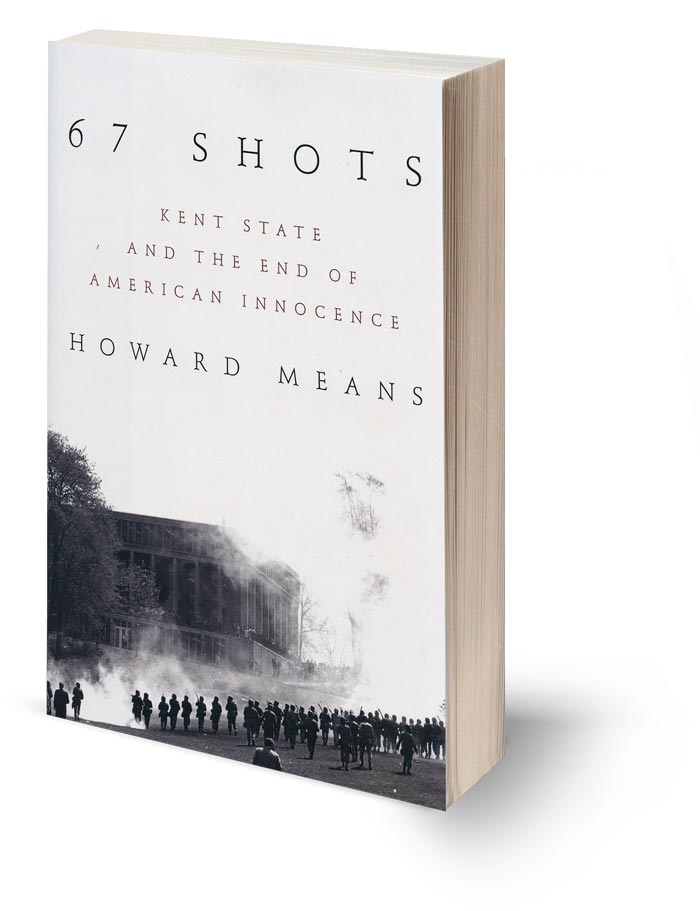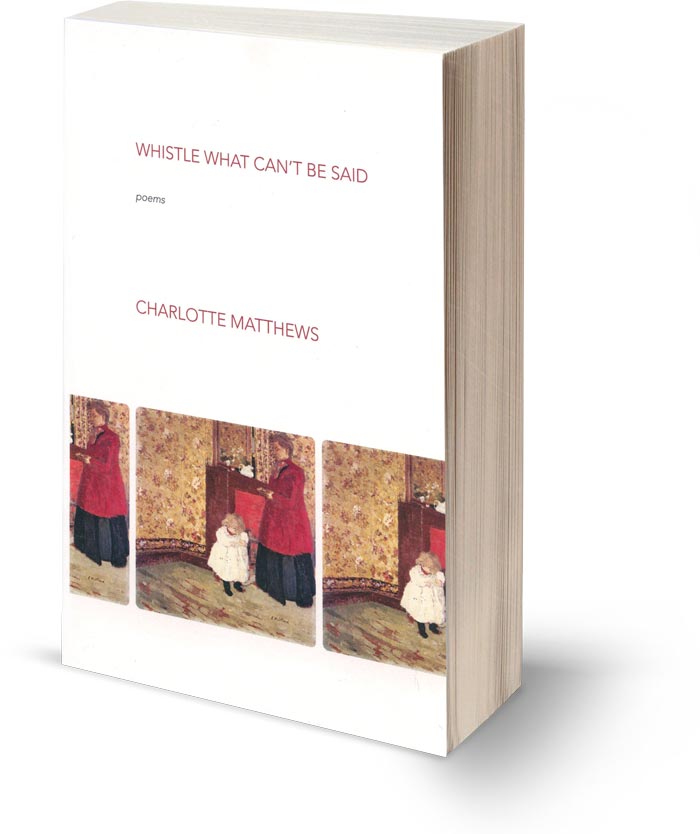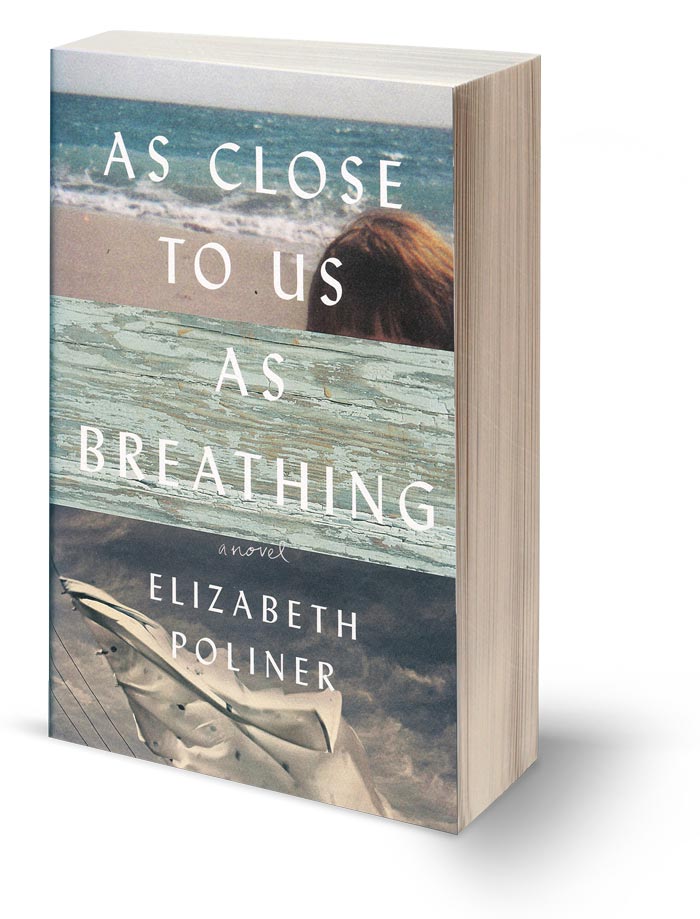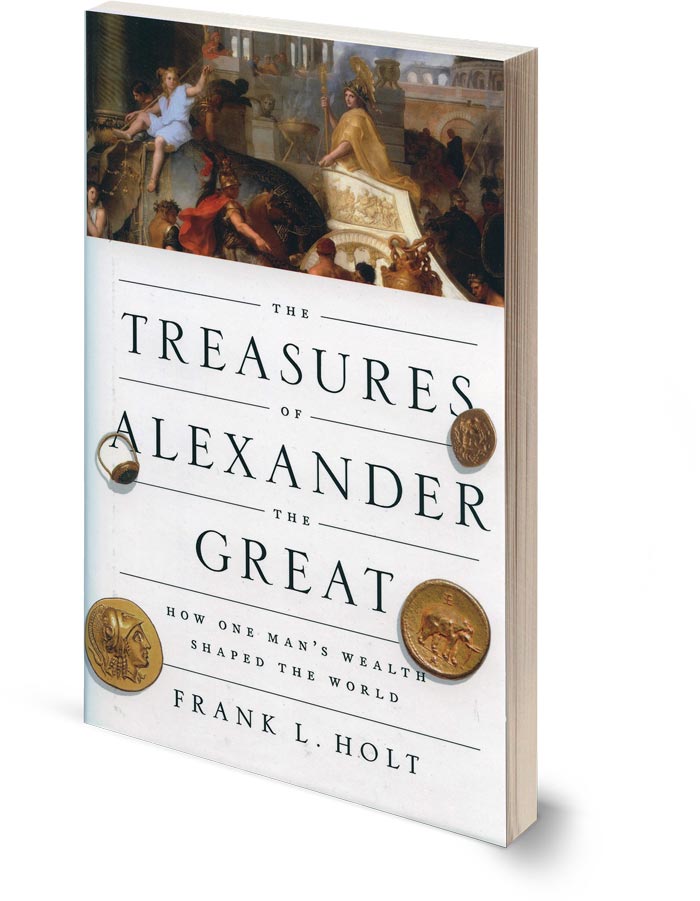New & Noteworthy

Just Around Midnight: Rock and Roll and the Racial Imagination
by Jack Hamilton (faculty)
Hamilton investigates how rock and roll music, which grew out of black rhythm-and-blues traditions, came to be seen by fans and mainstream journalists as “the natural province of whites.” A fascinating point: This shift took place during the 1960s, when musical artists were actually crossing racial boundaries and collaborating creatively.

67 Shots: Kent State and the End of American Innocence
by Howard Means (Col ’66, Grad ’67)
Through interviews with survivors as well as use of Kent State University’s oral history collection, Means, a former writer and editor at Washingtonian magazine, tells the story of the May 4, 1970, National Guard shootings that left four students dead and nine wounded. The shootings, Means argues, “have helped to shape the world of American politics and sensibilities ever since.”

Whistle What Can’t be Said
by Charlotte Matthews (Col ’88, faculty)
“Why can’t I say what happened?/ I’m trying to—but I’ve been instructed/ not to move, not even a millimeter,/ or the radiation will reach my heart,” writes Matthews in the book’s titular poem. With spare, precise description, she writes of her breast cancer diagnosis and the things she wants most during treatment but can’t have—“my mother’s voice in the morning/ still in shadows.”

Nine Island
by Jane Alison (faculty)
“It happens, you know. Shaft in the heart,” says J, the novel’s protagonist, about love at first sight. After a failed reunion with her old lover, J returns home, heartbroken, and throws herself into translating Ovid’s stories about Eros. As she tries to navigate what’s next, she lets her work guide her: “Ovid made [it] very clear,” she says. “You become what you were bound to be; you become what you actually are.”

As Close to Us as Breathing
by Elizabeth Poliner (Law ’88)
In 1948, three sisters and their families spend the summer on the coast of Connecticut, at a part of the shore known as “Bagel Beach,” which served as a haven for New England Jews at a time when they were restricted from so many places. When a tragedy disrupts the idyllic summer, the fates of the family members shift irrevocably.

The Treasures of Alexander the Great: How One Man’s Wealth Shaped the World
by Frank L. Holt (Grad ’78, ’84)
Holt, a University of Houston history professor, examines how much wealth Alexander the Great acquired with his invasion of the Persian Empire, and how he spent his fortune. In a relentless cycle, he says, “Alexander unapologetically waged war to acquire the means necessary to wage more war.”